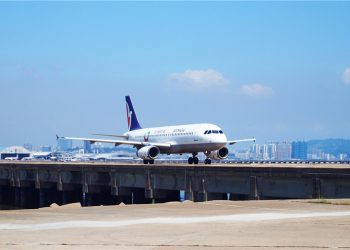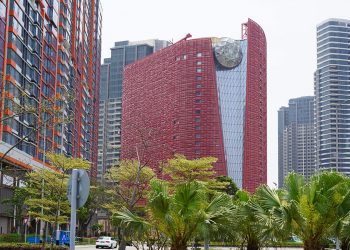Cambodian casino operator NagaCorp and high-end-focused Macau concessionaire Wynn Macau Ltd are the two regional operators most exposed to the VIP segment, and therefore most at risk from China’s crackdown on cross-border gambling, according to Morgan Stanley analysts.
The issue was brought back into heavy focus this week following the arrest and imprisonment for trial of Suncity Group CEO Alvin Chau, who Macau authorities have accused of alleged criminal association, illegal gambling, money laundering. Suncity closed all of its Macau VIP rooms on Tuesday night.
In a note, Morgan Stanley’s Praveen Choudhary, Gareth Leung and Thomas Allen said NagaCorp, operator of NagaWorld in Phnom Penh, had the highest EBITDA exposure to the VIP segment within its coverage at 45% in 2019, of which 25% is estimated to come from Chinese VIPs
“This was the result of Naga’s high revenue exposure to VIP (72% of GGR) and higher margin (24%), reflecting lower tax rates and opex,” they wrote.
Less exposed are Macau’s operators, with the exception of Wynn Macau for which VIP is is estimated to have contributed 21% of Property EBITDA in 2019. The majority of that came from Chinese visitors.
By comparison, VIP is estimated to have comprised 13% of Galaxy Entertainment Group’s 2019 EBITDA and 10% of Melco Resorts’ EBITDA, while Sands China had the lowest exposure at just 6% in 2019.
In the Philippines, Bloomberry Resorts Corp Solaire Resort & Casino and Melco’s City of Dreams Manila attributed 17% and 10% of 2019 EBITDA respectively to VIP although only 10% and 7% came from China due to strong local demand.
And in Singapore, which does not allow junkets, only 7% to 8% of Property EBITDA comes from the VIP segment of which only half is from Chinese VIP customers.
“VIP exposure to EBITDA is not big for most of the operators (except Naga and Wynn Macau),” the analysts said.
“However, the risk of further regulation in China is adding another layer of uncertainty on top of travel restrictions because of COVID. Macau has another uncertainty related to licence renewal process. We see consensus earnings estimates at risk.”

































